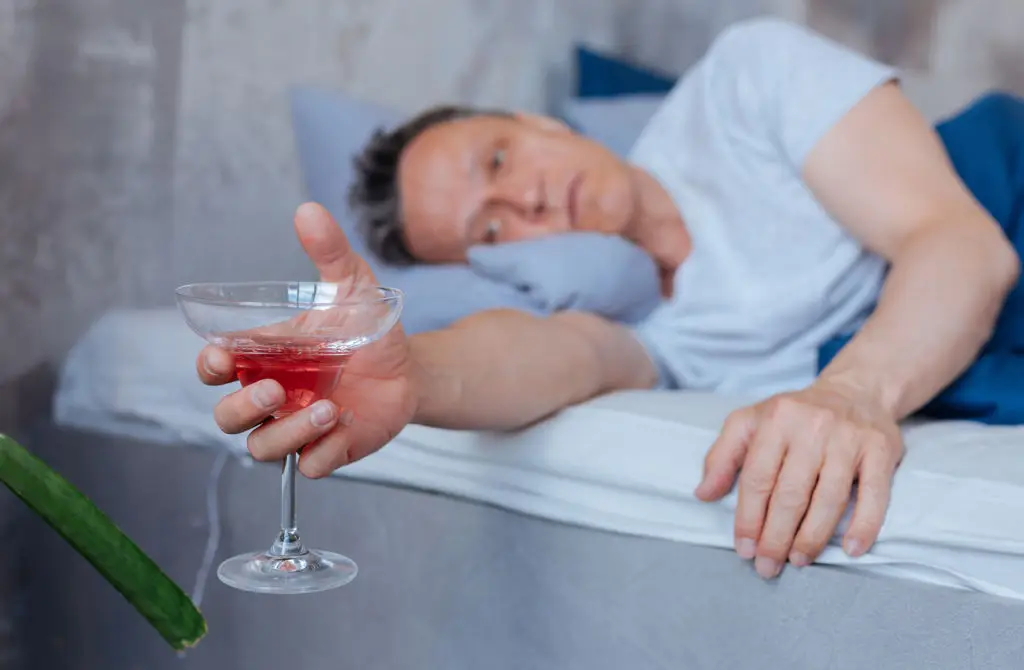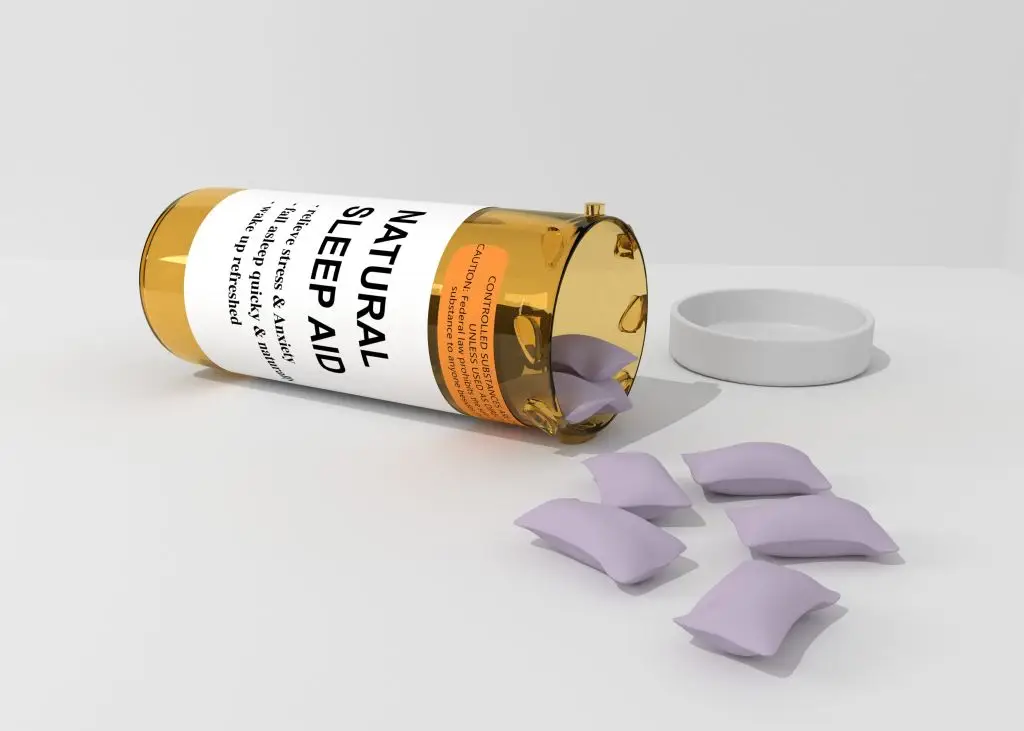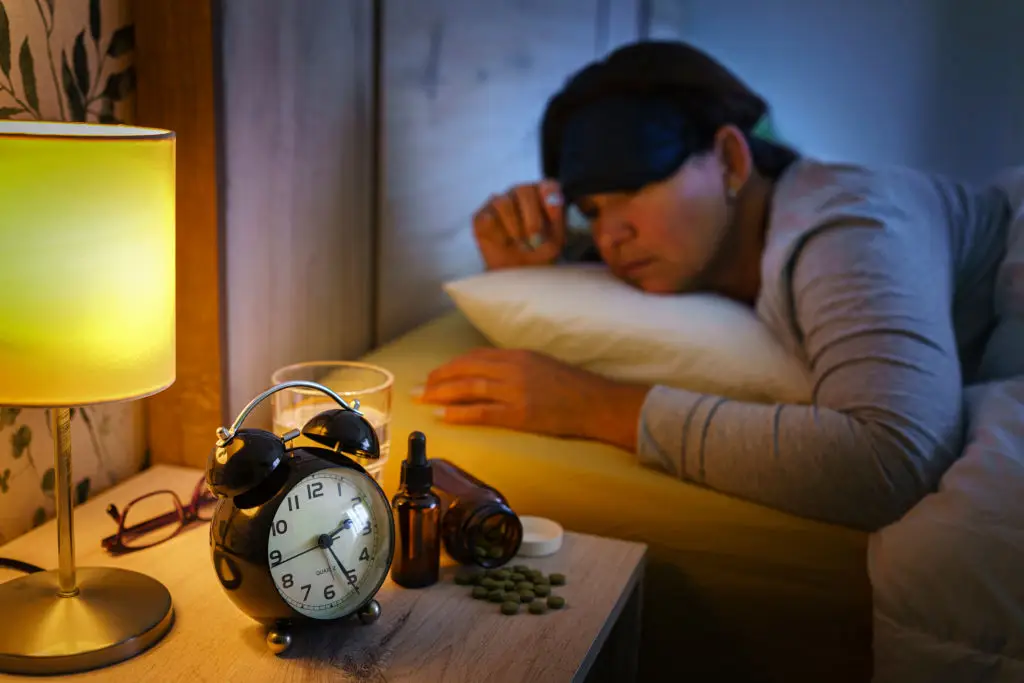Your Nighttime Habits: 13 Ways You're Stressing Your Kidneys While You Sleep
Many popular after-dark habits seem harmless, yet science shows they can actually stress your kidneys more than you’d think. Thankfully, supporting kidney health doesn’t mean overhauling your evenings or giving up the comforts you look forward to—it means making mindful, gentle adjustments that fit real life. Here are eight everyday nighttime habits and simple ways to help your kidneys thrive, so you can rest easy and wake up feeling your best. Let’s give your kidneys the TLC they deserve, one bedtime at a time!
1. Skipping That Glass of Water (But Overdoing It Isn’t the Fix)

Our kidneys rely on adequate hydration to filter waste efficiently and keep our bodies in smooth working order—even while we sleep. If you skip that small glass of water before turning in, especially after a salty dinner, your kidneys have to concentrate your urine and work harder to maintain balance overnight. However, swinging too far the other direction—chugging several glasses at the last minute—may mean lots of sleep-disrupting bathroom trips, which can also stress your system. Balance is key. Most experts, including registered dietitians, recommend sipping just enough water in the evening while avoiding excess. This helps keep your kidneys happy while supporting a restful night. If you’re unsure, listen to your body: a small, comfortable glass is often enough to help support kidney function through the night. Remember, your kidneys are pros at adapting—but even pros appreciate a little support!
2. Indulging in Salty or Processed Bedtime Snacks

Those handfuls of pretzels, crackers, or chips in the evening might be tasty, but they also sneak in sodium that makes your kidneys work overtime. When you consume excess salt late in the day, your body tries to maintain fluid balance by drawing water into your bloodstream and increasing blood pressure—a challenge for your hardworking kidneys. Over time, these habits can create a nightly pattern of stress. The comforting news is that kidney-friendly snacks aren’t bland or boring. Try swapping out processed treats for naturally lower-sodium options like apple slices with unsalted nut butter or plain popcorn flavored with your favorite herbs. Over time, your body—and especially your kidneys—will thank you for every simple swap, and you might even sleep better for it.
3. Enjoying Alcohol Close to Bedtime

That “nightcap” may seem relaxing, but alcohol is a sneaky culprit when it comes to kidney stress. It acts as a diuretic, meaning it encourages your kidneys to excrete more water, potentially leading to dehydration. Research and registered dietitians like Alyssa Simpson, RDN, note that alcohol suppresses vasopressin, a hormone that tells your kidneys to hold onto water. The end result? More trips to the bathroom and extra effort from your kidneys. Instead of reaching for wine or cocktails at night, consider herbal tea or simply winding down with a book. You’ll be supporting your kidneys while promoting more restful, uninterrupted sleep. Small changes like this add up, and they allow your body’s natural overnight repair processes to shine.
4. Skipping the Pre-Bed Bathroom Visit

It might feel like no big deal to delay that last bathroom trip before bed, but holding urine for extended periods can actually increase nighttime pressure on both your bladder and kidneys. Over time, this can subtly strain your urinary tract and disrupt restorative processes. Making a bathroom break part of your wind-down routine is a small act of self-care that pays off in kidney comfort. Many health experts point out that “holding it” overnight doesn't just risk sleep disruptions—it may also make your kidneys work harder to manage waste efficiently. A quick visit before bed allows your body to focus on healing and recharging, not coping with avoidable pressure.
5. Eating a Heavy Protein-Rich Meal Late at Night

Protein is an important part of healthy eating, but a very heavy or late protein-rich meal can keep your kidneys busy long after you’ve fallen asleep. That’s because processing protein creates additional waste (like urea) for your kidneys to filter. While an occasional late dinner isn’t cause for panic, making it a regular habit can increase overnight workload on these crucial organs. If you love a hearty dinner, try to enjoy it a bit earlier in the evening, or scale back portion sizes closer to bedtime. Plant-based proteins or lighter, veggie-forward plates can also reduce the pressure on your kidneys at night. Every small adjustment helps support your body’s natural rhythms and keeps your nighttime renewal process running smoothly.
6. Taking Over-the-Counter Pain Relievers or Sleep Meds Unnecessarily

Reaching for an over-the-counter pain reliever or sleep aid before bed might seem harmless, but frequent or unnecessary use—especially of NSAIDs (found in many pain and cold medicines)—can build up and strain your kidneys over time. Some people don’t realize how many products contain kidney-stressing ingredients. Always double check labels, and if you find yourself needing medication regularly, consider talking to your healthcare provider about safer, long-term strategies. Natural wind-down routines, like gentle stretching, heat packs, or guided relaxation, can often provide real relief. Treat your kidneys kindly; they’re always working on your behalf.
7. Tossing and Turning: Poor Sleep Quality and Stress

Not all kidney strain comes from what you eat or drink—your mind and emotions play a big role, too. Chronic stress and restless nights can alter hormone levels, disrupt your blood pressure, and indirectly make your kidneys work harder. Dr. Mikhail Yakubov and others highlight the deep connection between circadian rhythm, digestive function, and kidney health. Simple bedtime routines that care for both body and mind—dimming lights, turning off screens early, mindful breathing—can make a world of difference. Remember, good sleep isn’t “all or nothing.” Every night you ease your mind is a win for both you and your kidneys.
8. Ignoring Medication Timing or Skipping Prescribed Doses

If you take blood pressure, diabetes, or kidney medication, timing can matter just as much as the prescription itself. Skipping doses or changing schedules without medical advice can throw off the very rhythm your kidneys depend on for overnight healing. This is especially vital for anyone with a chronic condition managed through evening or nighttime doses. Consider setting phone alarms or keeping a medication checklist beside your bed. Always check with your care provider before making changes, and know that following a consistent, safe medication routine is a crucial way to support your kidneys for life. No perfection required—just steady, mindful attention.
9. Sleeping in a Very Cold Room (The Vasoconstriction Challenge)

While sleeping cool is generally recommended for better rest, allowing your bedroom to get too cold can unintentionally challenge your kidneys. When your body is subjected to sustained cold, blood vessels near the skin’s surface constrict (vasoconstriction) to conserve core heat. This temporary constriction can increase blood pressure and slightly reroute blood flow internally. For kidneys already under stress, this subtle, prolonged change in circulatory dynamics can increase their workload. Aim for a comfortably cool room (typically between 60–67 F, or 15–19 C) and use layers or blankets to maintain warmth without causing your body to struggle to regulate temperature.
10. Ignoring Chronic Snoring or Sleep Apnea

Loud, chronic snoring and the associated breathing pauses of sleep apnea are not just sleep disruptors; they are significant, silent stressors on your cardiovascular and renal systems. When breathing is repeatedly interrupted, the body experiences drops in oxygen and spikes in carbon dioxide, which directly cause adrenaline surges and sudden, dramatic blood pressure spikes overnight. Over time, this cyclical stress severely damages the delicate blood vessels in the kidneys. If a partner notes your severe snoring or pauses, seeking diagnosis and treatment (like a CPAP machine) is one of the most critical steps you can take for long-term kidney protection.
11. Using Electronic Devices (Blue Light) Before Bed

That quick scroll on your phone or tablet before sleep disrupts more than just your rest; the blue light emitted by screens suppresses the production of the sleep hormone melatonin. Melatonin is a crucial antioxidant and a natural vasodilator (blood vessel relaxer) that helps the body's systems, including the kidneys, wind down and repair overnight. By delaying melatonin release, you inadvertently prevent your blood pressure from dropping naturally during the night, maintaining vascular tension that stresses the kidneys. Make a habit of turning off all screens at least 60 minutes before bed or using blue-light-blocking glasses to ensure a natural, healthy drop in nighttime blood pressure.
12. Sleeping in the Fetal Position (The Positional Compression)

While sleeping in the fetal position can feel cozy, maintaining a very tight, curled posture all night can cause subtle, sustained compression on the major blood vessels and nerves in your abdomen and groin. This pressure can slightly impede optimal blood flow to and from the kidneys, potentially contributing to fluid retention or less efficient nocturnal filtration. To mitigate this without sacrificing comfort, try a less severe fetal position, or place a pillow between your knees to keep your hips and torso more aligned. This small adjustment allows for better circulation and gives your kidneys the space they need to perform their vital work unimpeded.
13. The Late-Night Caffeine/Energy Drink Habit (Delayed Diuretic Load)

Even if you drink caffeine several hours before bed, the metabolic half-life of caffeine means it continues to circulate and exert its diuretic effect into the deepest part of your sleep cycle. Consuming a large energy drink or coffee in the late afternoon or early evening forces your kidneys to deal with an extended diuretic load, overriding the natural hormonal signals that tell your kidneys to conserve water overnight. This leads to increased urine production and concentration of waste products that the kidneys have to work harder to manage. Stop all caffeine consumption at least 6 to 8 hours before bed for a truly restful and kidney-supportive sleep.
Gentle Progress: Small Changes, Stronger Kidneys

Shifting nighttime routines isn’t about “getting it all right” or feeling guilty over occasional slip-ups. It’s about honoring the silent, essential work your kidneys do—and knowing each gentle change supports their resilience for the long run. Whether you’re swapping out a salty snack, making time for a pre-bed bathroom break, or finding new ways to relax before sleep, you’re making a real investment in lifelong well-being. Remember, habit change is gradual. Celebrate every step, no matter how small, and take pride in showing kindness to your hardworking organs. With a little extra mindfulness at bedtime, you’re not just protecting your kidneys—you’re nurturing the energy, confidence, and comfort you want to carry into each new day. Rest easy tonight, knowing that the care you give yourself now reaches far beyond your dreams. Here’s to gentle, sustainable wellness—one night at a time.
